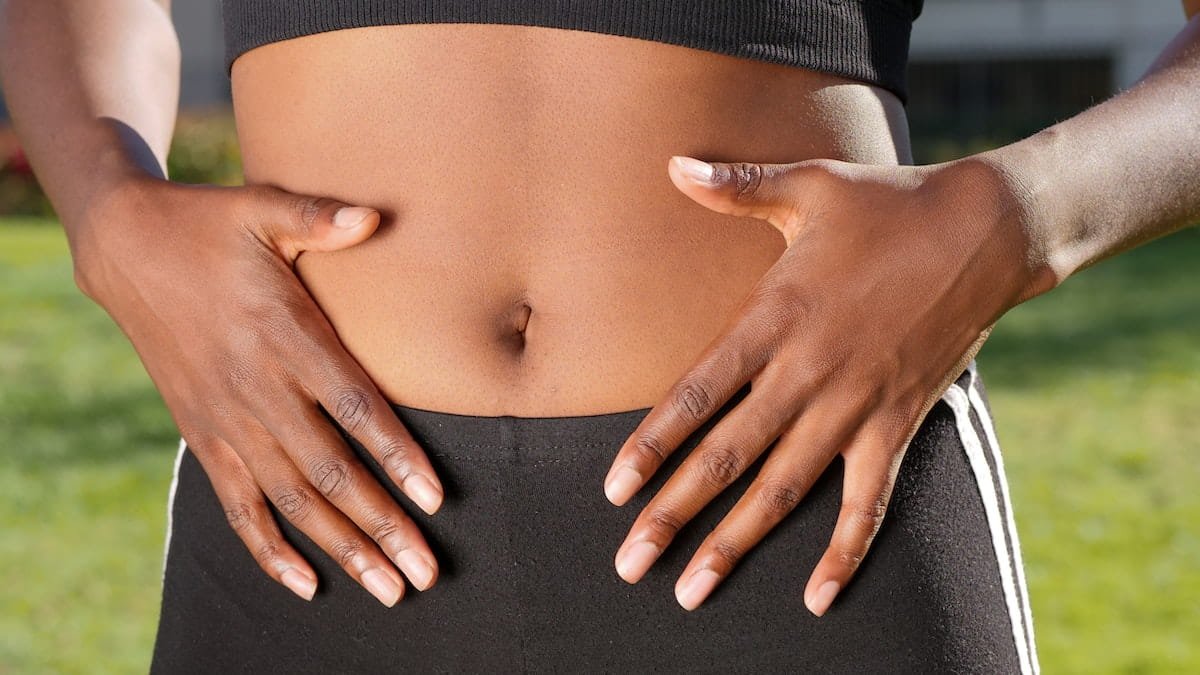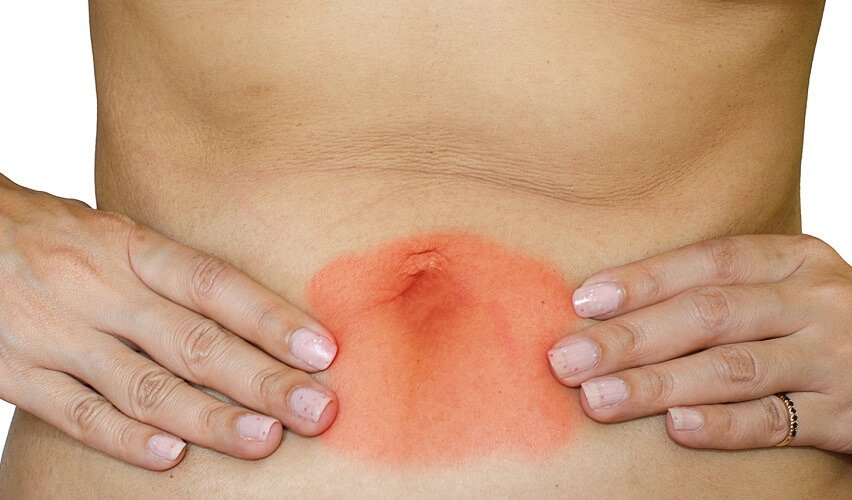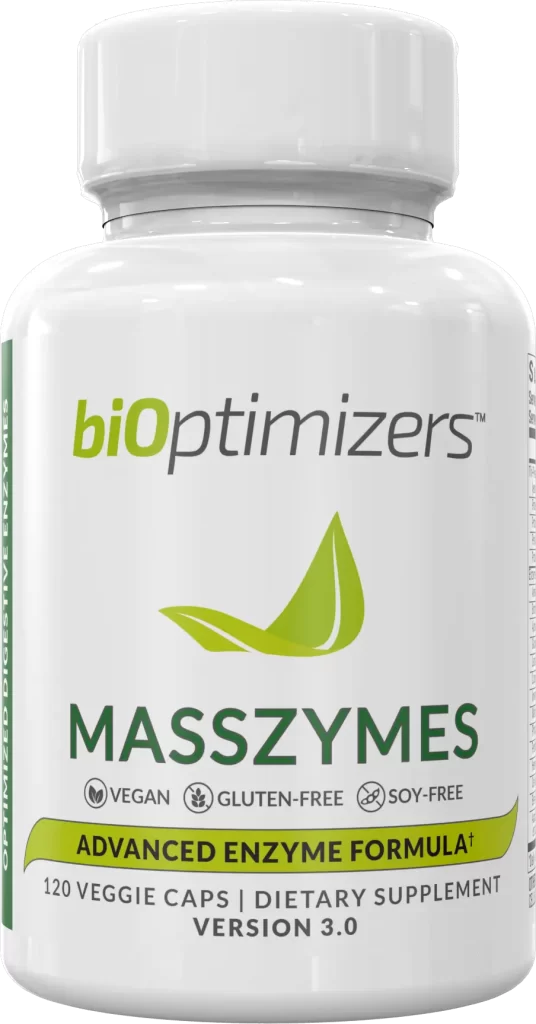These 4 Proven Method Will Help You To Get Rid Of Protein Bloat

In this article you are going to learn the 4 proven methods on how to get rid of protein bloat.
Do you experience bloating after consuming protein-rich foods? Protein bloat can be frustrating and uncomfortable, and it can make you feel like you’re not able to fully enjoy your meals. If you’re tired of dealing with protein bloat, you’re not alone.
Many people struggle with this issue, and it can be caused by a variety of factors, including an imbalance of bacteria in the gut, slow digestion, and food sensitivities.
Fortunately, there are a few proven methods that can help you to get rid of protein bloat and improve your digestion. In this article, we’ll discuss four proven methods that can help you to eliminate protein bloat and enjoy your meals without discomfort.
What is Protein Bloat And What’s Causing It?
First of all, let’s define what protein bloat is:
Protein bloat is a condition in which the body retains excess amounts of protein, leading to uncomfortable bloating and other symptoms.
Protein bloat is caused by eating too much protein, not drinking enough water, not getting enough exercise but most importantly when the body is not able to effectively break down and digest proteins, leading to an accumulation of undigested protein in the digestive tract. This can cause bloating, gas, and other digestive issues.
How To Get Rid Of Protein Bloat?
These 4 proven methods below, can help you to eliminate protein bloat. Although, not all methods may be suitable for all people, these methods help 90% of the times. Trying one by one and observing your results it is the recommended way.
Reduce Protein Intake
The first step in eliminating protein bloat is to reduce protein intake. Eating too much protein can lead to an accumulation of excess protein in the body, which can cause bloating and other uncomfortable symptoms.
To reduce protein intake, it is important to focus on eating lean proteins such as fish, chicken, and eggs, as well as plant-based proteins such as beans and lentils. It is also important to limit processed meats and high-fat proteins such as bacon and sausage.
Drink Plenty of Water
Drinking plenty of water everyday can help to eliminate protein bloat by increasing the amount of water in your body and improving digestion.

When you consume protein, your body breaks it down into its component amino acids, which are then used to build and repair tissues.
The process of breaking down protein requires water, and if you don’t drink enough water, your body may not have enough to properly digest the protein you’ve consumed. This can lead to bloating, discomfort, and other digestive issues.
By drinking more water, you can help to ensure that your body has enough fluid to properly digest the protein you’ve consumed, which can help to reduce bloating and improve digestion.
Get Regular Exercise
The third step in eliminating protein bloat is to get regular exercise. Exercise can improve digestion by increasing the movement of food through the digestive tract.

This can help to reduce the bloating feeling as well as other digestive issues that can be caused by slow digestion.
Exercise can also help to reduce bloating by burning excess calories. When you eat more calories than your body needs, the excess calories are stored as fat, which can lead to weight gain and a feeling of bloat. By exercising you can help to burn these excess calories, which can help to reduce that bloating feeling.
It is important to get at least 30 minutes of moderate-intensity exercise per day, such as weight lifting, walking, jogging, or cycling.
Get More Fiber
It is important to make sure that you are getting enough fiber in your diet as well. Fiber helps to flush out excess proteins from the body, which can help reduce bloating and other symptoms associated with protein bloat.
It is important to eat plenty of fruits, vegetables, and whole grains to ensure that you are getting enough fiber in your diet.
Get A Proteolytic Enzymes Supplement
Proteolytic enzymes are enzymes that break down proteins into their component amino acids. They play an important role in digestion and can help to alleviate protein bloating by improving the digestion of proteins.
Proteolytic enzymes can help to break down proteins into smaller peptides and amino acids, making them easier for the body to absorb and digest. This can help to reduce bloating and improve digestion.
Proteolytic enzymes are available in supplement form and can be taken before or after a meal to help with protein digestion. It’s important to note that while proteolytic enzymes can be helpful for reducing protein bloating in some individuals, they are not a substitute for a healthy diet and lifestyle.
If you are considering taking proteolytic enzymes, then we recommend MassZymes 3.0 by BiOptimizers.
MassZymes 3.0 Enzymes
THE STRONGEST ENZYME FORMULA EVER: MassZymes (full review) is a full-spectrum enzyme formula with more protease than any other commercially available, with 5 different kinds of protease.
Plus, it contains all the other key enzymes you need for optimal digestion.

Protein bloat symptoms
Some common symptoms of protein bloat include:
It’s important to note that these symptoms can also be caused by other factors, such as dietary changes or underlying medical conditions.
If you are experiencing persistent or severe bloating or other digestive issues, it’s a good idea to speak with a healthcare professional for a proper diagnosis and treatment.
How long does protein bloat last?
The duration of protein bloat can vary depending on the underlying cause and the severity of the symptoms. In some cases, protein bloat may resolve on its own within a few hours or days, while in other cases it may persist for longer periods of time.

If protein bloat is caused by a temporary change in diet or lifestyle, it may resolve quickly once the cause is addressed. For example, if you have eaten a large amount of protein and are not drinking enough water, drinking more water may help to alleviate the bloating.
If protein bloat is caused by an underlying medical condition, it may persist for longer periods of time and may require treatment. For example, if protein bloat is caused by lactose intolerance, you may need to eliminate dairy products from your diet to alleviate the symptoms.
Can whey protein cause bloating?
Short answer: Yes, it can.
Whey protein is derived from milk. Like any other protein, it has the potential to cause bloating in some individuals.
Bloating can be caused by a variety of factors, including the amount of protein consumed, the speed at which it is digested, and the presence of other compounds that can cause bloating, such as lactose or fibers.
Some people may be more sensitive to the effects of whey protein and may experience bloating after consuming it. This is often due to lactose intolerance, which is a condition in which the body is unable to fully digest lactose, a type of sugar found in milk. Symptoms of lactose intolerance include bloating, gas, and diarrhea.
If you are experiencing bloating after consuming whey protein, it’s a good idea to stop using it or reduce it’s intake or buy a lactose free why protein.
It’s important to note that while whey protein can potentially cause bloating in some individuals, it is a high-quality source of protein that can be an important part of a healthy diet.
Are there any non-bloating protein powders?
There are several types of protein powders that are less likely to cause bloating than others. These include:
It’s important to note that while these types of protein powders may be less likely to cause bloating, they may still cause bloating in some individuals.
Bottom Line
In conclusion, protein bloat can be a frustrating and uncomfortable issue that can affect your digestion and overall quality of life.
While it can be caused by a variety of factors, there are a few proven methods that can help you to get rid of protein bloat and improve your digestion.
These include increasing your water intake, engaging in regular exercise, taking proteolytic enzymes, and considering dietary changes such as reducing your intake of high-fiber foods or eliminating certain food groups if you have food sensitivities.
By implementing these methods, you can improve your digestion and reduce protein bloat, allowing you to enjoy your meals without discomfort. It’s important to note that while these methods can be helpful for reducing protein bloat, they are not a substitute for a healthy diet and lifestyle.
If you are experiencing persistent or severe bloating or other digestive issues, it’s a good idea to speak with a healthcare professional for a proper diagnosis and treatment.

